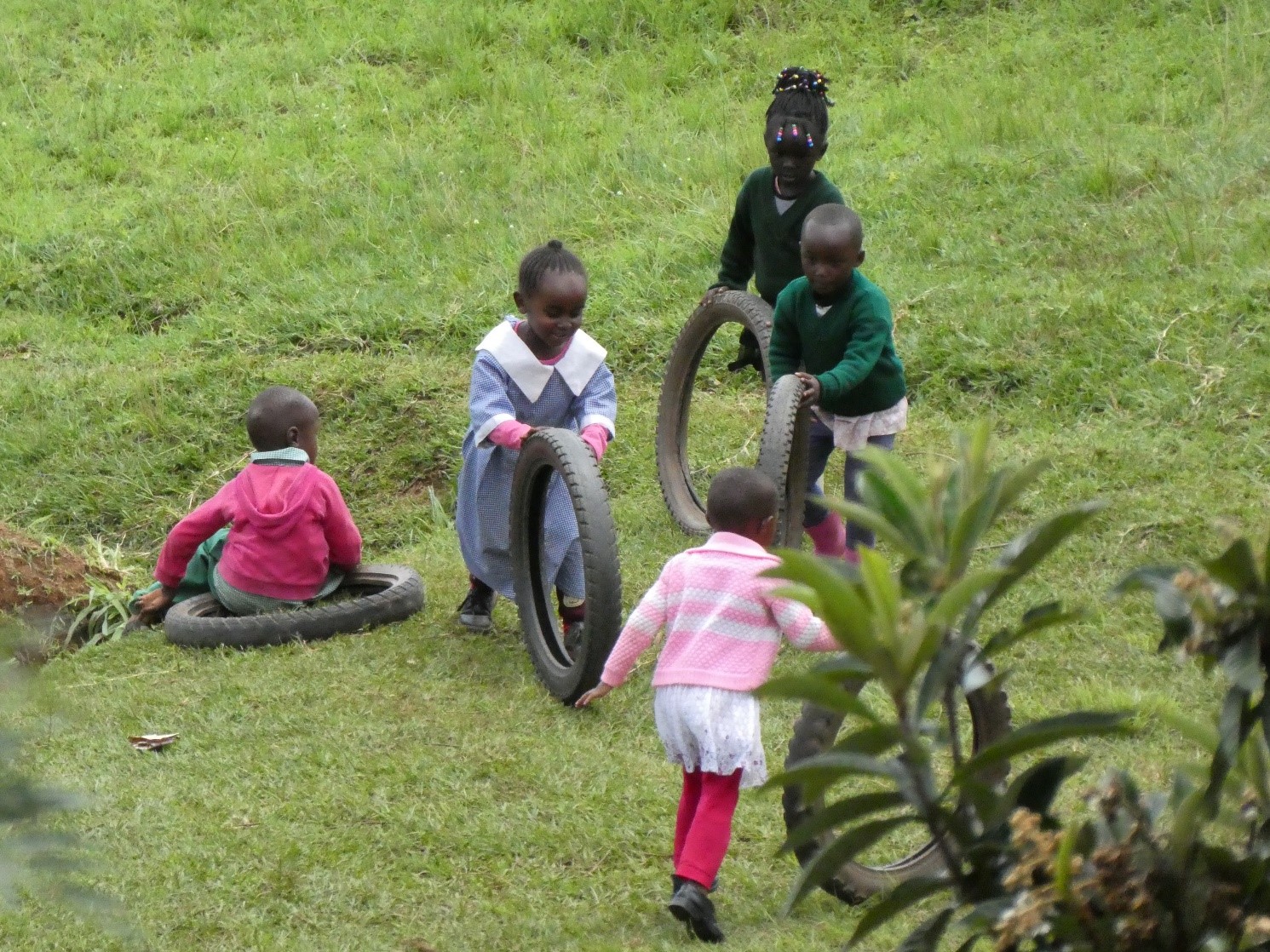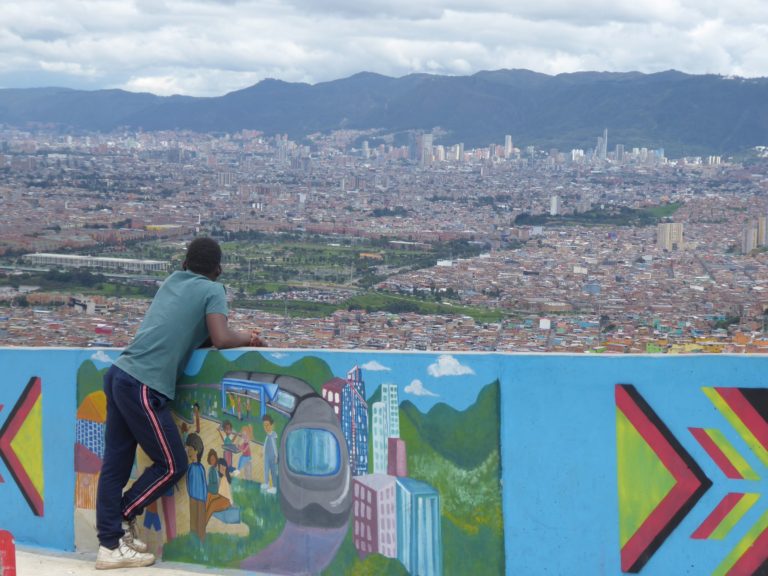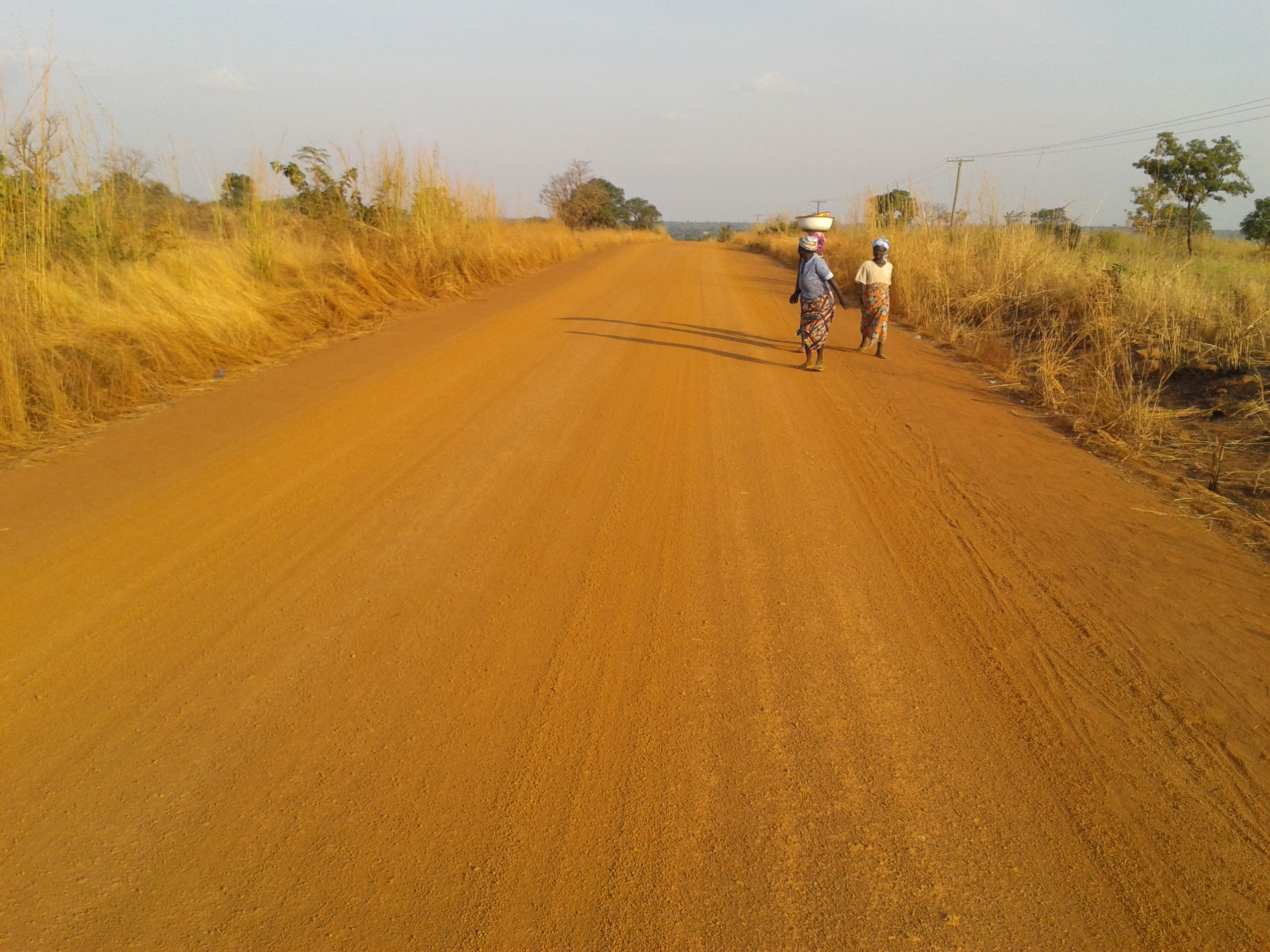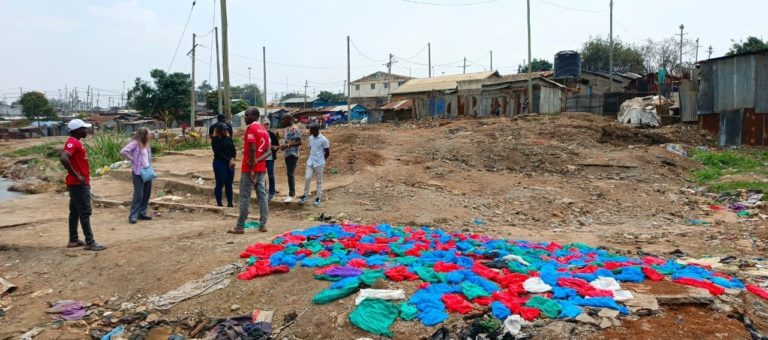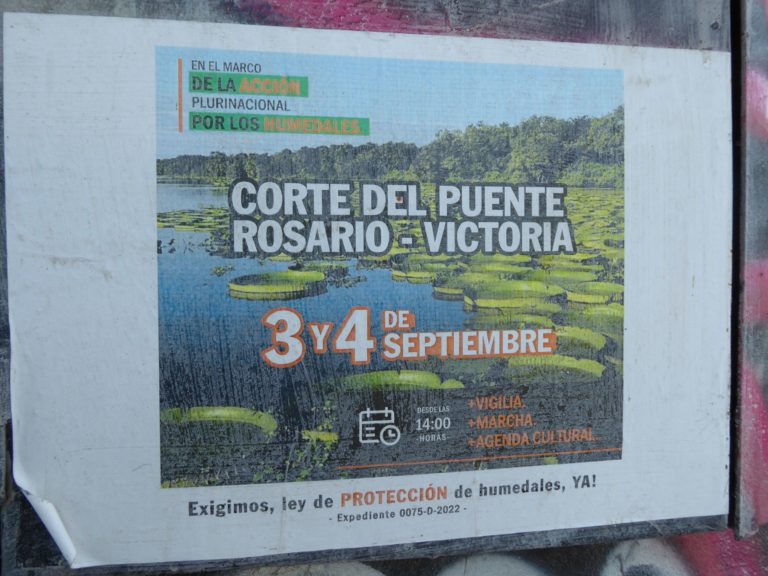Is the Right to Food respected in sustainably certified coffee production? A case study from Kenya
Kenyan coffee is world-famous for its good quality. The major coffee-growing regions are located around Mount Kenya and the Aberdare Range, where the soil and altitude provide the best conditions for growing premium coffee. Kenyan coffee is one of the main contributors to the country’s foreign exchange earnings after tea and horticulture, and around 75% of Kenya’s coffee is produced by smallholder farmers.
The journey of a coffee bean from tree to cup is straightforward: It is harvested, milled and dried in the coffee-producing countries, then exported to, roasted and packed in the consumption countries. Kenyan coffee is traded at comparatively high prices on international markets. But what does this say about the well-being and food-security situation of the smallholder farmers who grow the coffee plants?
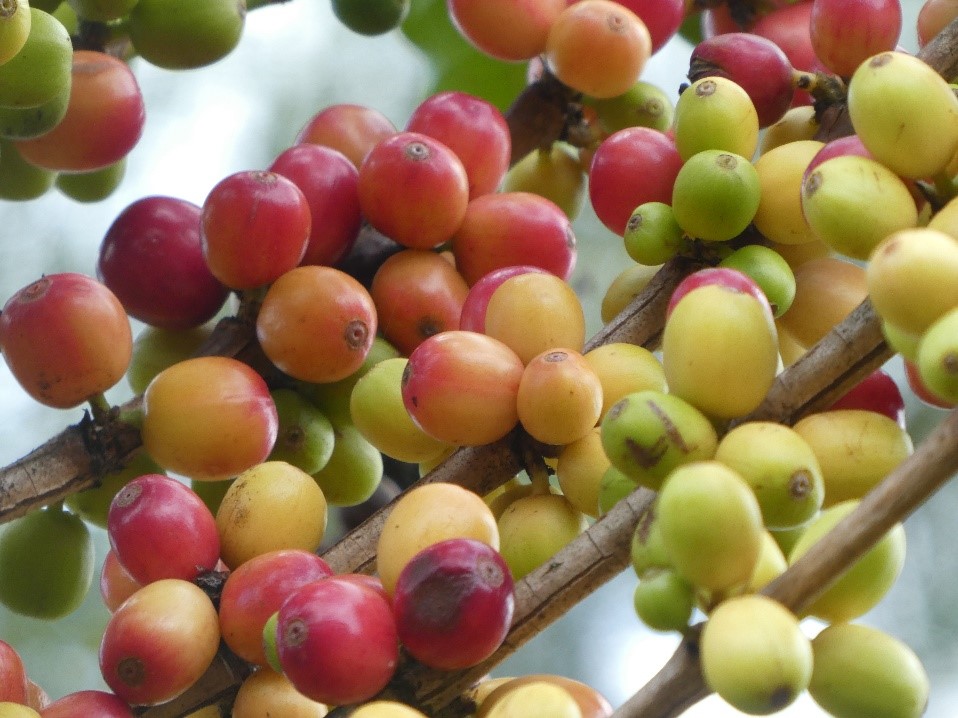
Smallholder coffee production in central Kenya
The central highlands, including Murang’a County where our team worked, are much more densely populated than the rest of the country. Due to Kenya’s growing population there is hardly any land left for smallholders to buy or rent. Whereas it is estimated that a person needs at least 1.5ha to lead a life above the poverty line, on average six persons live on a small farm of 0.5-1.5ha. Around 10-15% of the population in Murang’a County suffer from food insecurity. Much of the younger generation is moving to urban areas to seek employment and more reliable sources of income than from the coffee-farming sector.
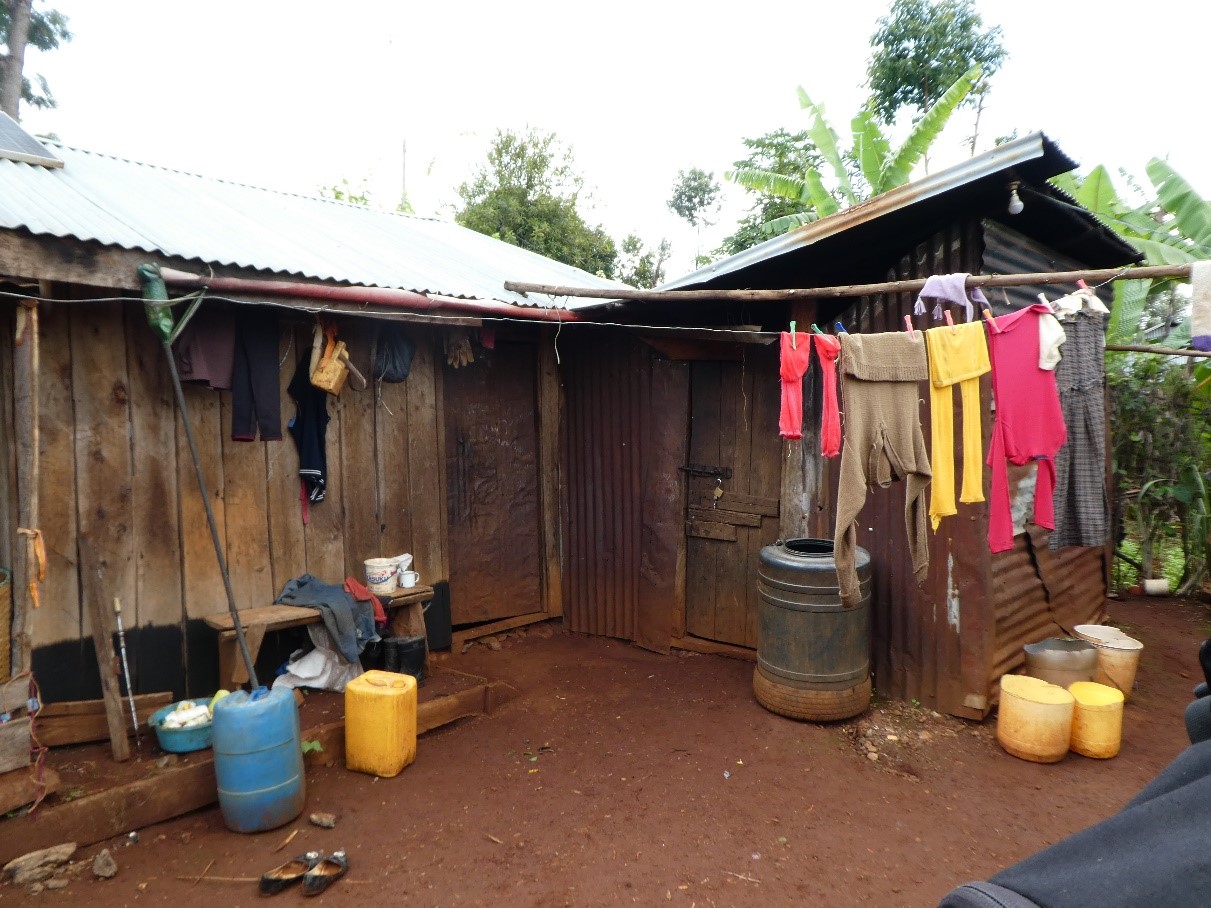
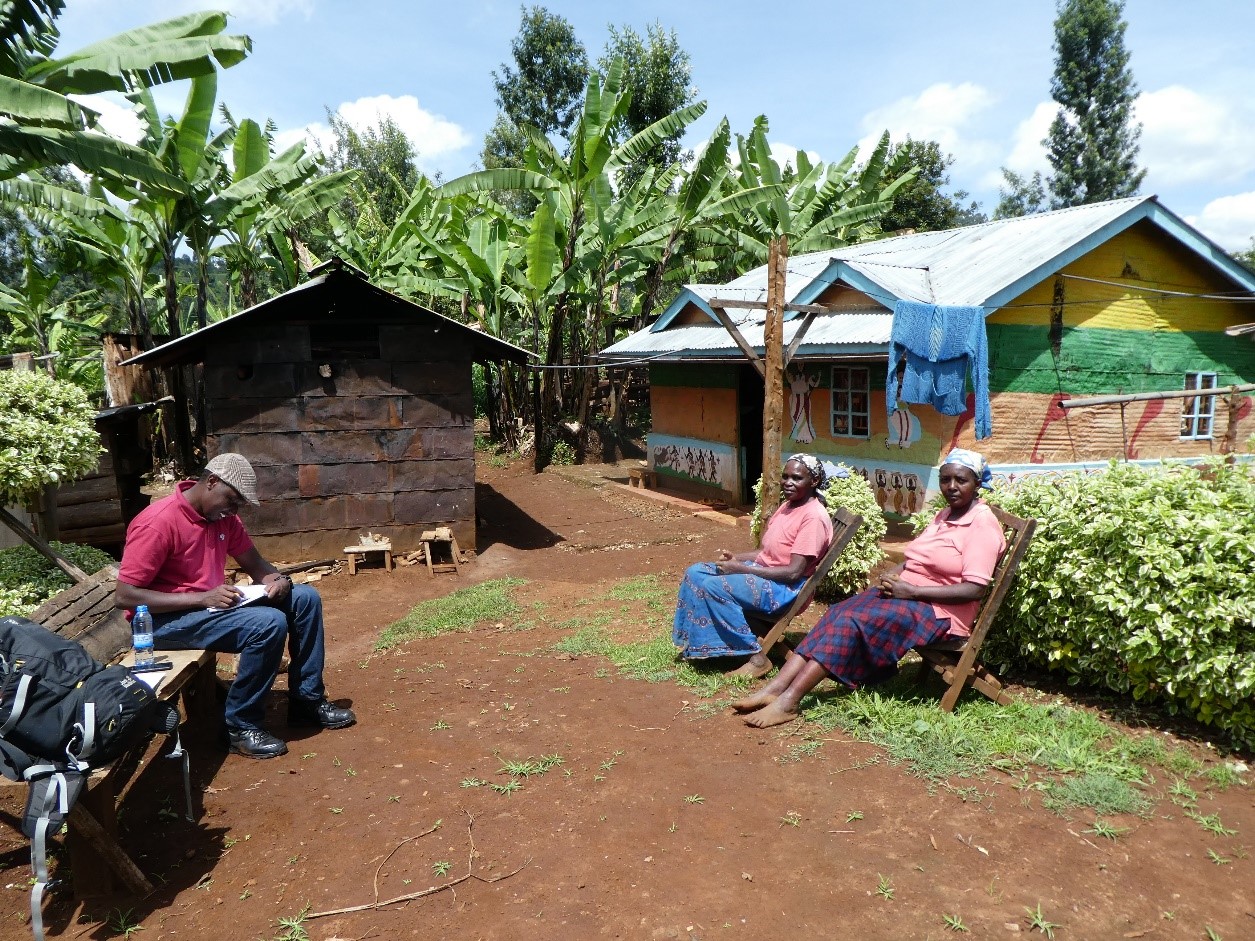
Smallholder coffee farms in central Kenya are highly diversified. The average coffee farm has 150 to 250 coffee trees forming the main source of cash income for most of the farmers. Apart from coffee, the farmers grow food for their own consumption and fodder for their few cows and goats. Depending on the farm size, they also grow tea as a second cash crop. The farmers are mostly organized in cooperatives for bringing the coffee to the market.
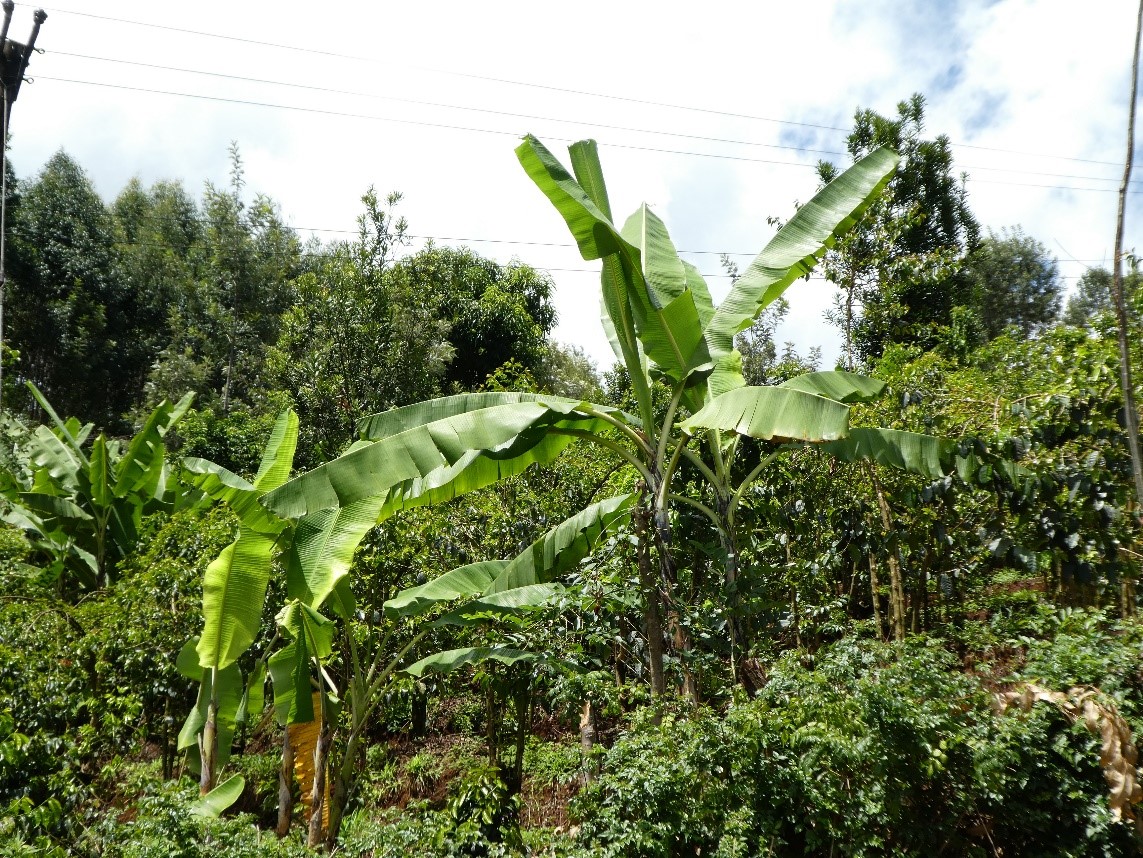
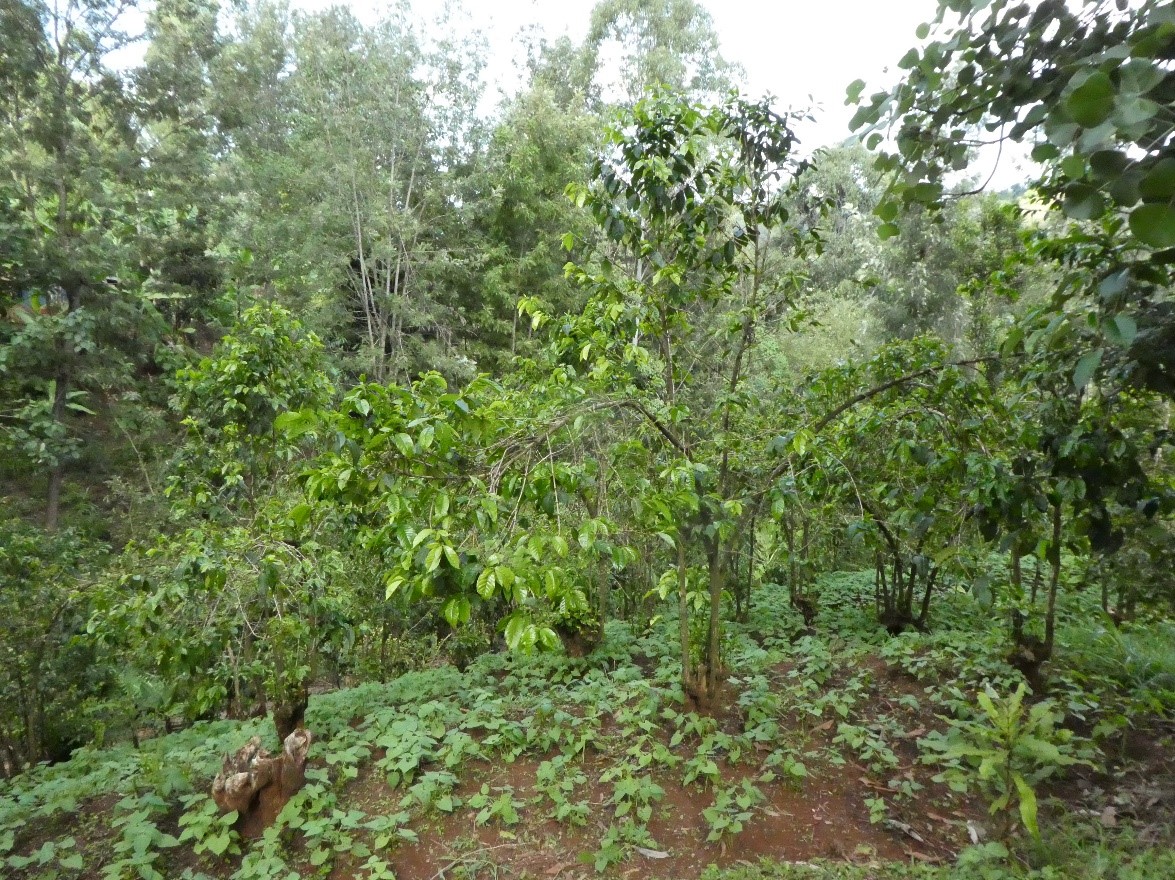
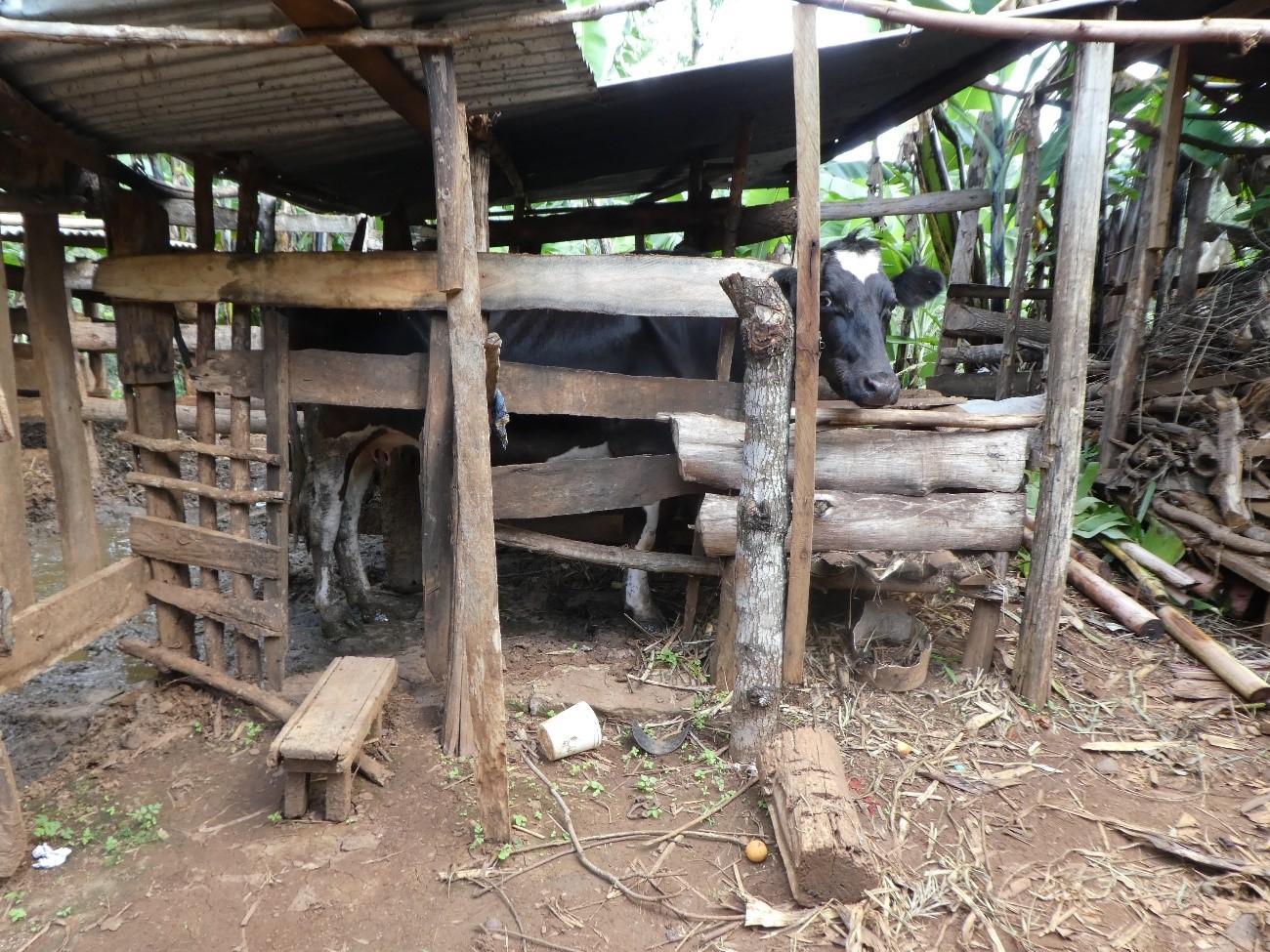
The joint ZEF, Welthungerhilfe and World Wildlife Fund project, “Food Security Standard (FSS)”, tested the rights-based food security criteria and tools within a regular sustainability certification audit (from Rainforest Alliance) at the Kangunu Cooperative in Murang’a County.
The Kangunu cooperative consists of around 2,500 active members who grow coffee and deliver it to the cooperative’s own wet mill. The Coffee Management Services Ltd., a marketing agency, has sold the Kangunu coffee on the global market since 2007, as a ruling of the Kenyan Government prescribes the use of marketing agencies.
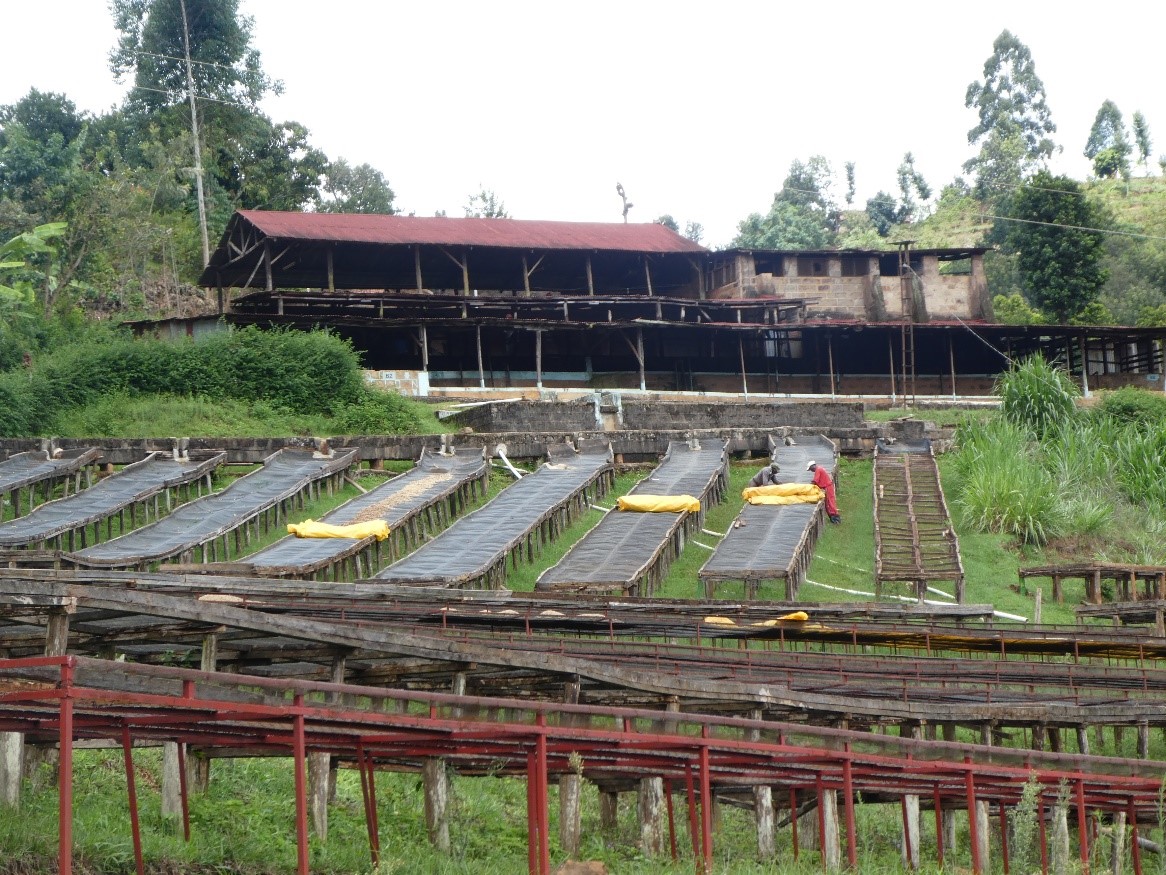
During our field research farmers were found to be at risk of food insecurity: Some had to skip a meal for a couple of weeks per year, but overall no severe hunger situation occurred. The phases of food insecurity were reported to be caused mainly by food price peaks in local markets and falling coffee prices in the international coffee market. These lead to lower incomes, with the result that farmers face difficulties breaking-even. . According to Coffee Management Services Ltd., only 21% of the coffee farms are economically viable. In the 2018/19 coffee season, farmers were additionally hit by unusually cold weather conditions causing very low yields.
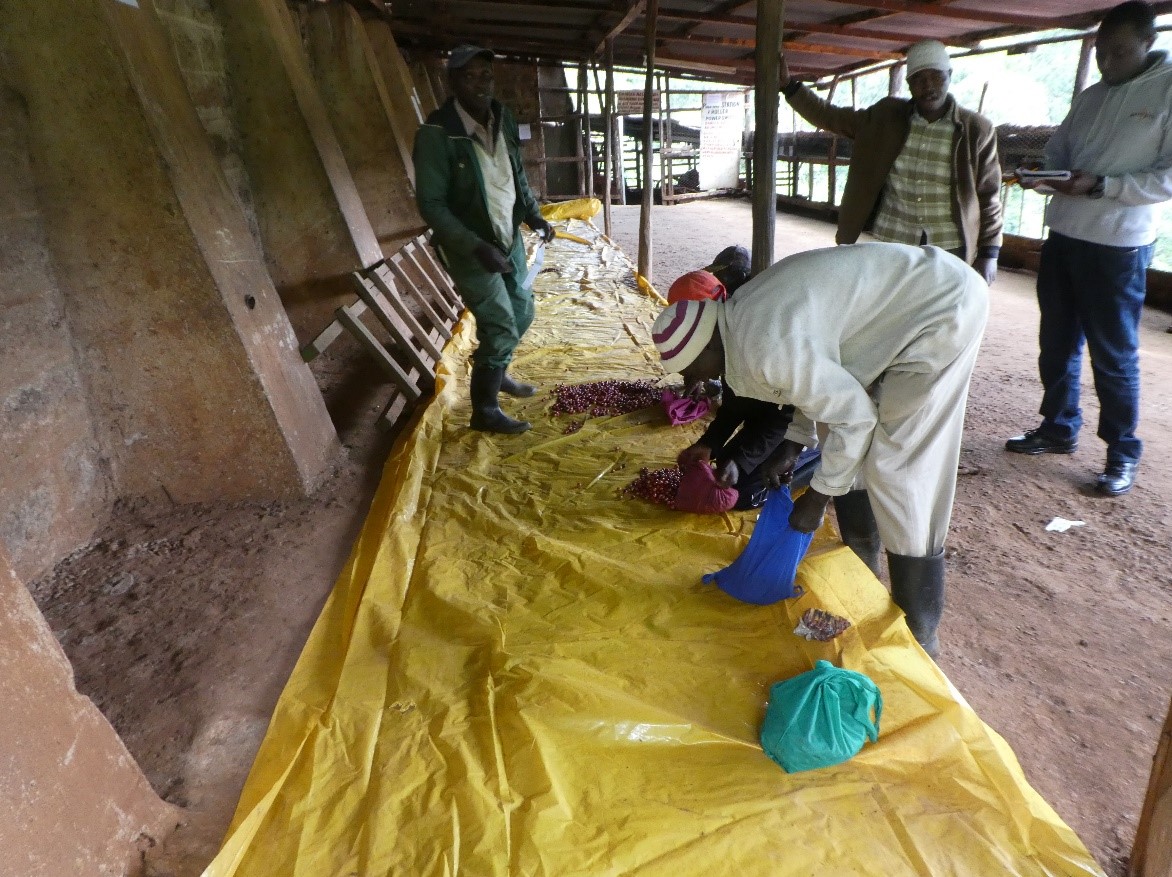
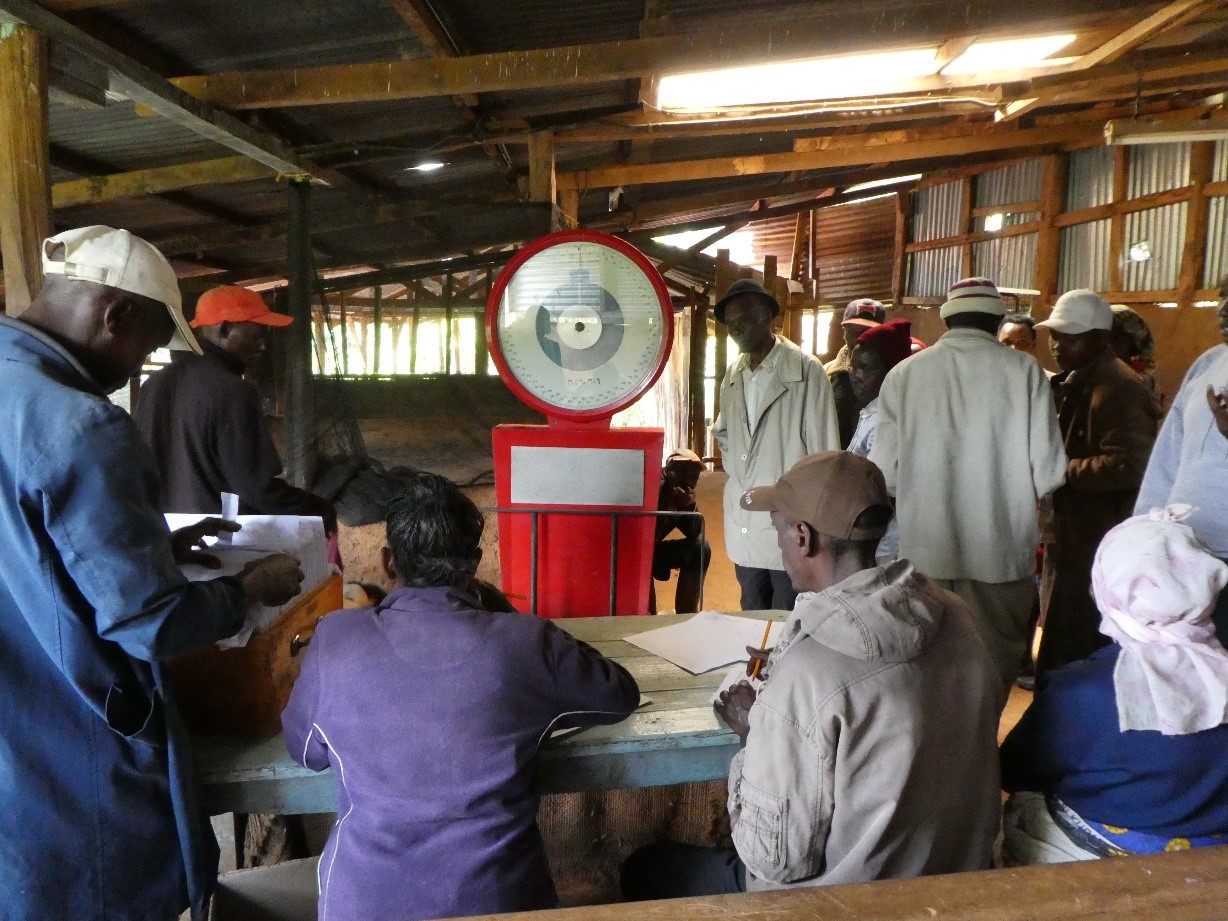
The aim of Coffee Management Services Ltd. is to fetch better prices at the coffee auction by producing higher-quality coffee. It therefore offers, jointly with the cooperative, training to farmers on good agricultural practices. Food security is also addressed through training on the cultivation of food crops, food preparation and healthy food, provision of improved vegetable and maize seeds, and support for dairy production and marketing by farmers. However, when global coffee market prices are low these diverse activities and additional projects are insufficient to guarantee year-round food security to all farmers.
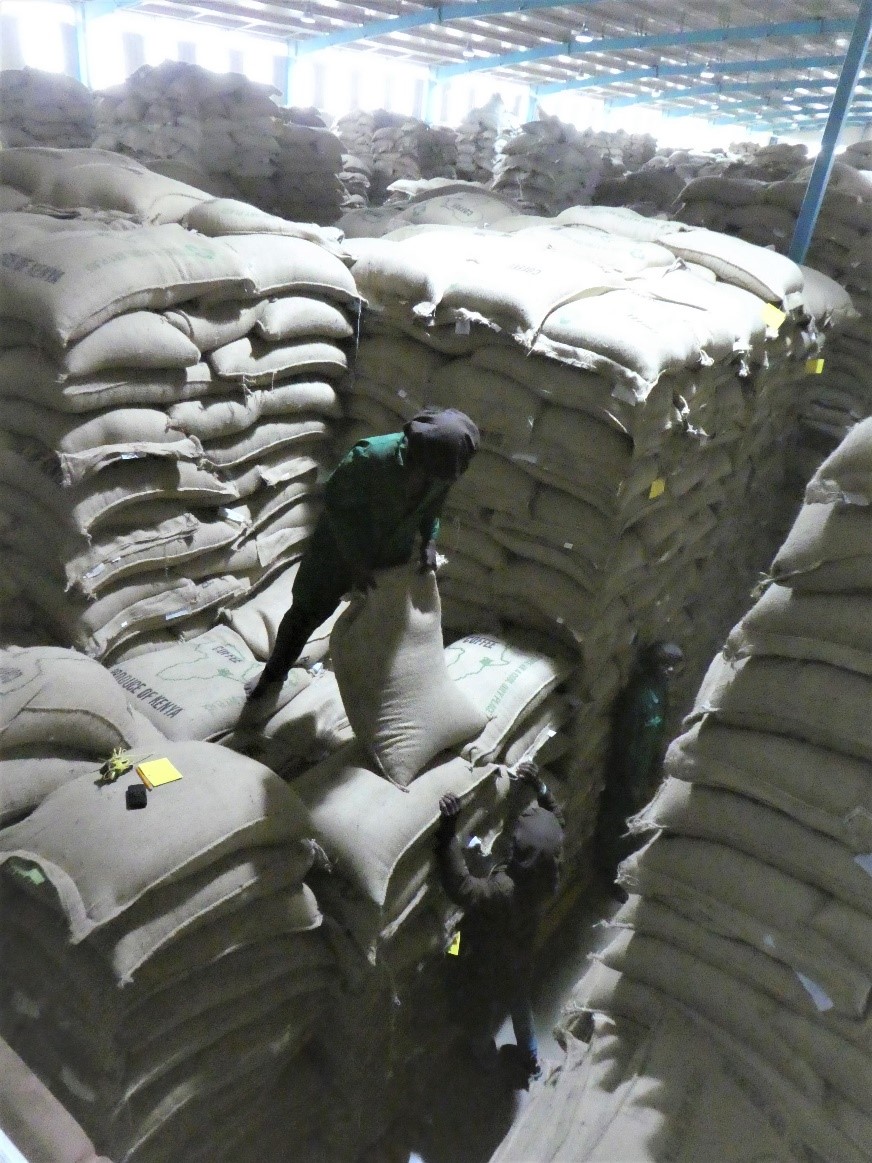
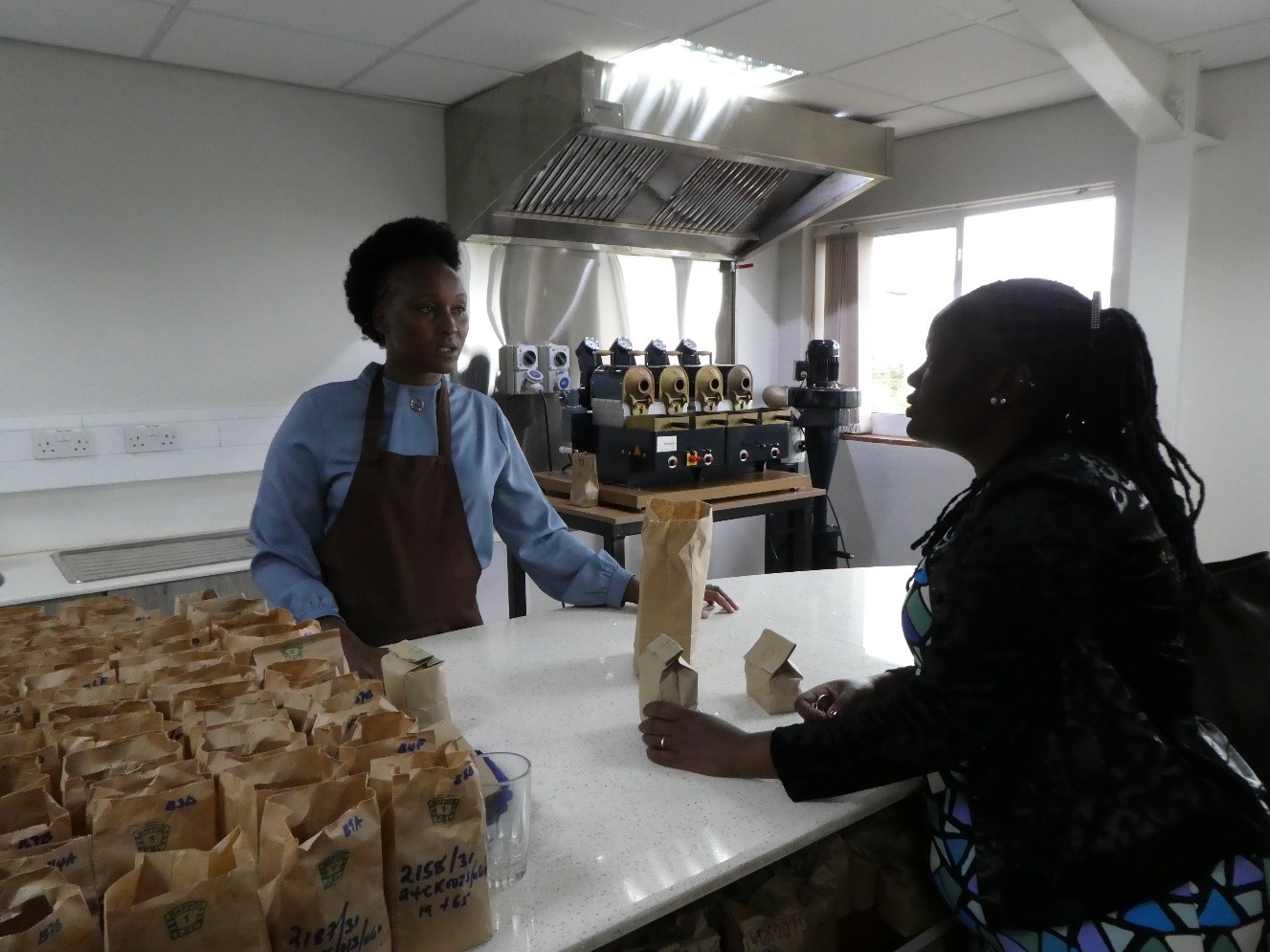
Picture right: Coffee samples are taken for aroma and taste profile for selling specialty coffee at higher prices.
Certification eases the implementation of the Right to Food
Integrating the Food Security Standard into sustainability audits enables companies like Coffee Management Services Ltd. to have a closer picture of the food security situation, allowing them to identify gaps and areas for improvement. The Kangunu cooperative would be able to integrate the requirements of the Food Security Standard with some initial support by external stakeholders. However, if there is no market demand linked to fair prices for producers, the outcome will be limited. The Food Security Standard could also be used in coffee-price negotiations. Coffee-importing companies in consumer countries, who also have to respect the Right to Food in their international supply chains, should – needless to say – pay prices that exceed production costs. This would allow farmers to make an income and to make the investments necessary to maintain production of high quality coffee, such as the rejuvenation of trees and the replacement of varieties with those better adapted to changing climate conditions.
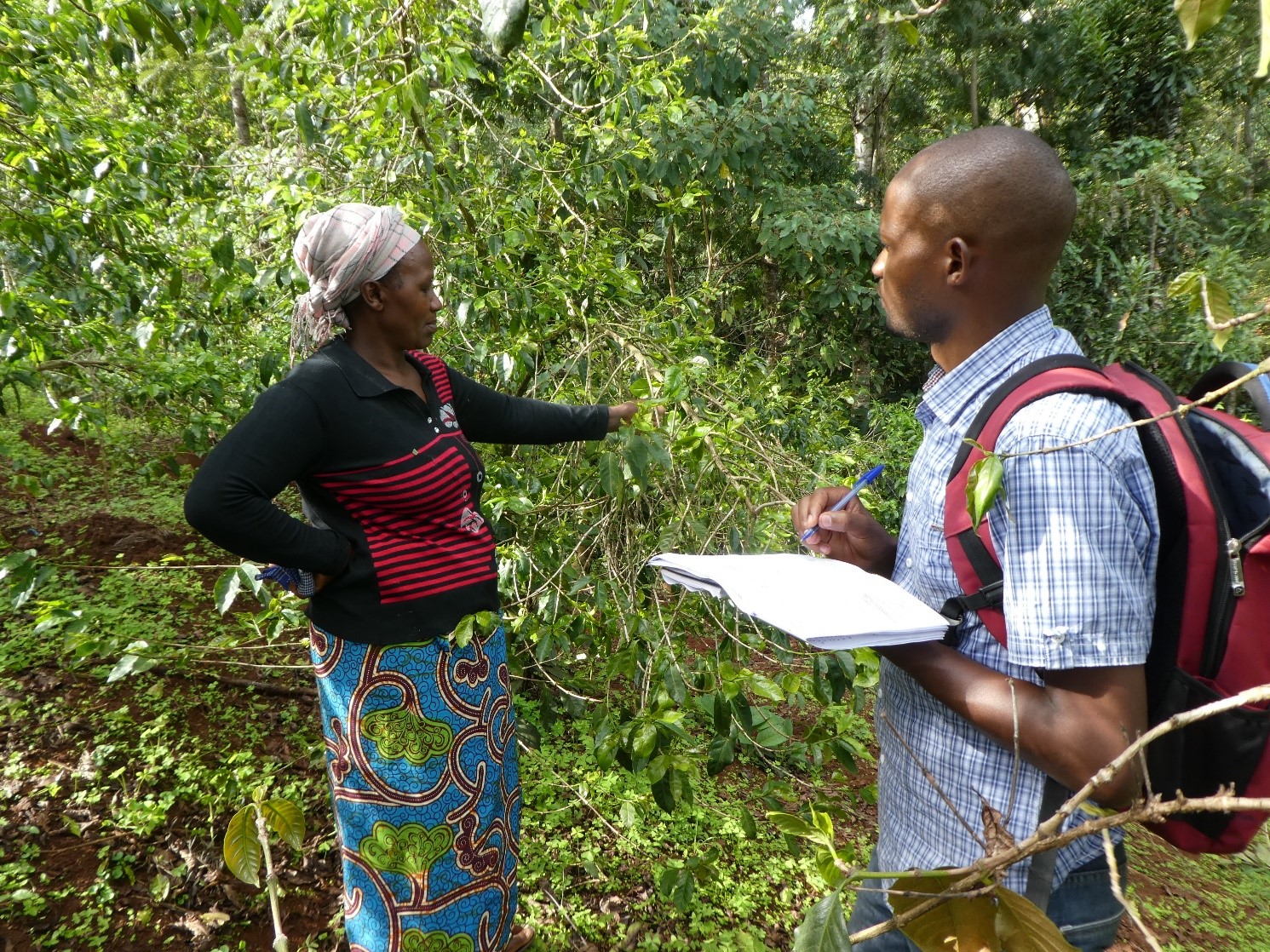
By incorporating the Food Security Standard into sustainability standards, a higher level of sensitivity for local food security can be reached by all actors and companies involved in the supply chain. This would enable all the actors involved in the coffee value chain to follow their due diligence to respect the Human Right to Food of farmers.
